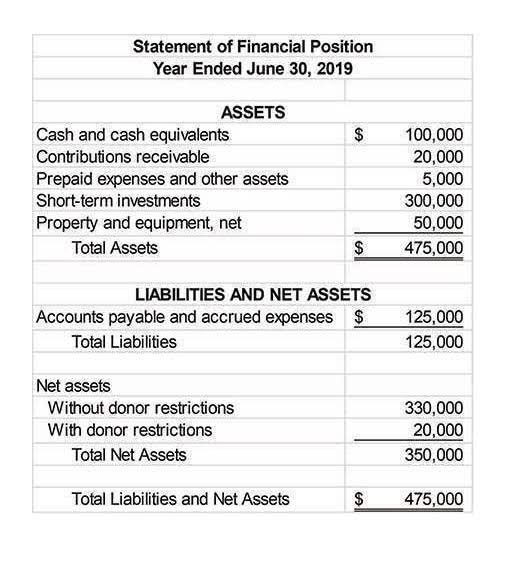Difference Between Journal and Ledger Examples and FAQs

Since transactions are recorded in chronological order, any mistakes or omissions can be easily spotted and rectified. This attribute ensures Bookstime the accuracy and integrity of the financial records, as errors can be promptly addressed before they impact subsequent stages of the accounting process. In the journal, the accountant debits and credits the right account and records the transaction in the books of accounts for the very first time using the double-entry system. The main difference between journals and ledgers comes down to ease of use and accessibility.
- Journals record original entries of transactions, while ledgers post summarized transactions from the journal to individual accounts.
- By understanding the attributes and roles of both the journal and the ledger, businesses can effectively manage their financial transactions and gain valuable insights into their financial performance.
- Additionally, the general ledger allows for the tracking of account balances over time, offering insights into trends and patterns that can inform future financial strategies.
- After that, the bookkeepers can post transactions to the correct subsidiary ledgers or the proper accounts in the general ledger.
- Let us discuss other such differences between these two key accounting concepts through the points below.
Organization
- The accounting record summarizing, in accounts, the transactions of a business and showing the resulting ending account balances.
- We follow strict ethical journalism practices, which includes presenting unbiased information and citing reliable, attributed resources.
- It is known as the principal book of accounting or the book of final entry.
- In fact, most accounting software now maintains a central repository where companies can log both ledger and journal entries simultaneously.
With our cutting-edge accounting software, we can aid you through the entire accounting process and help your business see its results clearer than ever. Despite that, there are still a few things that you should be aware of about journal and ledger entries, so we listed them below. It must be noted that there is a concept of duality in accounts that results in a double-entry accounting system. Hence, every business transaction is recorded in such a way that it affects two accounts in terms of credit and debit entry. The main difference between a journal and a ledger is that; the business transactions are at first recorded in the journal and then these transactions are permanently posted in the ledger.

Financial Statements

But you don’t have to be intimately acquainted with journals and ledgers to keep tabs on the financial health of your business. Using the best accounting software or working with a professional bookkeeper or accountant makes it easier to record every transaction and make sure they balance every time. Journal entries are recorded in chronological order, making it easy to identify the transactions for a given business day, week, or another billing period. By contrast, entries in a ledger might group like transactions into specific accounts to assess the data for internal financial and accounting purposes. Most businesses use accounting software that posts all financial transactions directly to the general ledger.
Differences Between General Journal and Ledger

Journals record original entries of transactions, while ledgers post summarized transactions from the journal to individual accounts. The bookkeeper typically places the account journal vs ledger title at the top of the “T” and records debit entries on the left side and credit entries on the right. The general ledger sometimes displays additional columns for particulars, such as transaction description, date, and serial number. Ledger is a principal book which comprises a set of accounts, where the transactions are transferred from the Journal.

What Is a Ledger in Accounting?
Ledger is also crucial because it is the source of all other financial statements. Despite advances in software technology, there will always be a need to record non-routine transactions in general journals, such as sales of assets, bad debt, partial payments, and depreciation. assets = liabilities + equity For this purpose, first of all, the totals of the two sides is determined, after that, you need to calculate the difference between the two sides. If the amount on the debit side is more than the credit side, then there is a debit balance, but if the credit side is higher than the debit side, then there is a credit balance. Suppose if an account has a debit balance, then you have to write “By Balance c/d” on the credit side with the difference amount. The general journal is a chronological, or date order, record of the transactions of a business.
